In this new series I have gathered together a list of fateful New Testament passages that have been both understood and misunderstood over subsequent ages in ways that reinforce and foster incalculable harm to our lives. I did not try to order these into any kind of priority and I think that would be a difficult thing to determine. These “affirmations” have so direly affected so many billions of people over the past two thousand years I would not want to even attempt to put one above the other in terms of fateful impact. I ask my readers to keep in mind that this series is not about what any of these passages in fact mean but rather how they have been understood and applied to our personal, social, civil, and spiritual lives with great consequence and effect. The simple phrase–“The Bible tells me so” has justified and covered a multitude of sins!

The New Testament has been the most influential collection of documents in history. It has been taken by both commoners and those in power as the inspired and infallible “Word of God,” and interpreted ofttimes outside its historical context, its fateful influence has often emerged from single passages with far-ranging consequences:
Matt. 27:25 And all the people answered, “His blood be on us and on our children!”
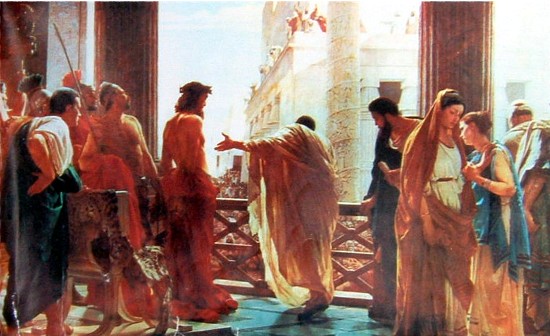
Based on this verse Jews have been labeled as “Christkillers” by Christians for centuries. Matthew is taken to imply here that the entire Jewish people have taken upon themselves the perpetual “guilt” of killing Jesus the Son of God, thus passing their fate from generation to generation as an accursed people. This idea has contributed to untold misery and death and the roots of this sort of Christian antisemitism lie behind even Hitler’s Holocaust. A good readable introduction is David Nirenberg’s book, Anti-Judaism: The Western Tradition (W. W. Norton).
Paul builds upon this collective “guilt” of the Jews as he anticipates and celebrates God’s imminent wrath:
For you, brothers, became imitators of the churches of God in Christ Jesus that are in Judea. For you suffered the same things from your own countrymen as they did from the Jews, who killed both the Lord Jesus and the prophets, and drove us out, and displease God and oppose all mankind by hindering us from speaking to the Gentiles that they might be saved—so as always to fill up the measure of their sins. But wrath has come upon them at last! (1 Thessalonians 2:14-16)
These fateful words, penned by the apostle Paul, charging that the Jews are guilty of “killing both the Lord Jesus and the Prophets,” and opposing all mankind, while triumphantly celebrating God’s punishment upon them, have given rise to untold misery upon the Jewish people through the centuries as “Christ killers.” Along with Matthew 27:25, Paul’s endorsement of punishment upon the Jews has served to make the Christians who have perpetuated atrocities on the Jewish people think they have “God on their side.” The force of Paul’s bitter denunciation here has led some New Testament scholars to insist–without any textual evidence whatsoever in our manuscripts of Paul–that these verses must be an interpolation–since Paul would never have written such things.
What Paul has in mind here regarding the wrath of God having already come upon the Jews is difficult to say. He is writing these words around the year 51 CE. Josephus, the Jewish historian who chronicles the period, does witness to considerable unrest in Judea and Galilee in the decades of the 40s, 50s, and 60s, leading up to the 1st Jewish Revolt. The emperor Caligula had made overtly threatening moves in the 40s and Claudius expelled the Jews from Rome around 49 CE, so perhaps Paul has these developments in mind.
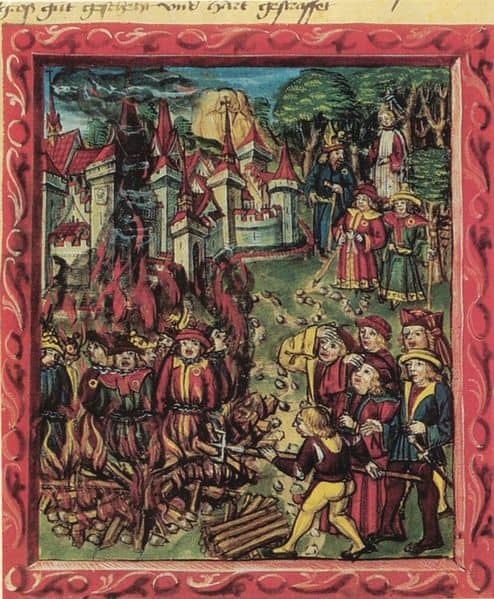
Much later than Paul the Gospel of John puts the following in the mouth of Jesus, directed against his Jewish opponents:
John 8:44 You are of your father the devil, and your will is to do your father’s desires. He was a murderer from the beginning, and does not stand in the truth, because there is no truth in him. When he lies, he speaks out of his own character, for he is a liar and the father of lies. (John 8:44)
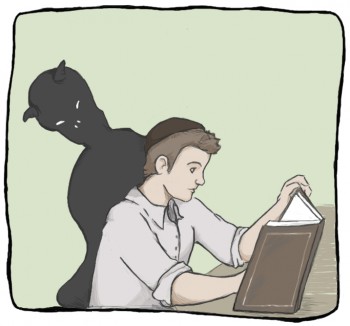
This is the climactic conclusion to an extended exchange Jesus has with the “Jews” in Jerusalem who have questioned his authority–maintaining that they are descendants of Abraham with the One God of Israel as their “father” (John 8:22-45). Here the Jews who opposed Jesus (in contrast to those Jews who believed in him, v. 31) are labeled as murderers and liars–proper “children of the Devil.” This verse, along with those of Matthew and Paul, were used by Christian anti-Semites to support their persecution and murdering of the Jewish people over the centuries. Christian art, Nazi propaganda, and even contemporary Muslim anti-Semitic images and rhetoric have drawn upon this image of the Jews as the Devil.
Continue with Part 2 here: “It is Good to Be Alone“

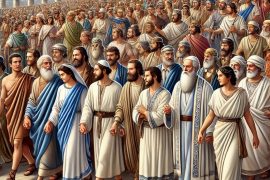

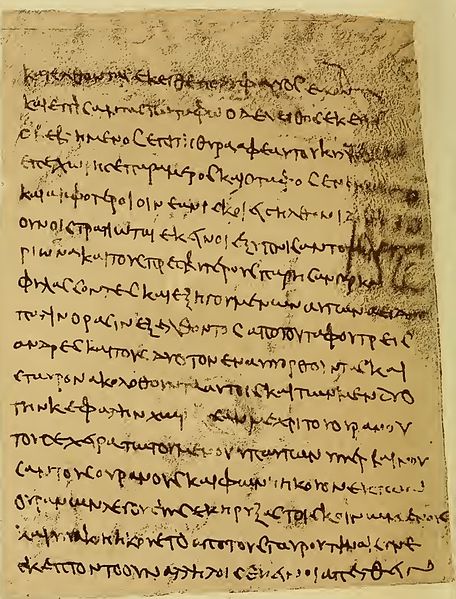

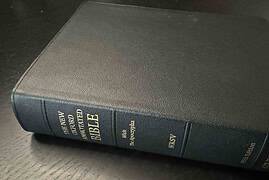
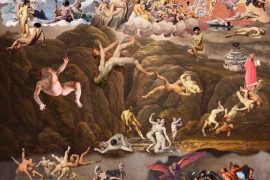


Comments are closed.